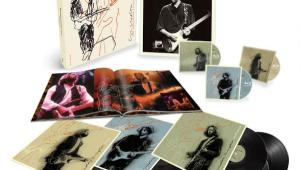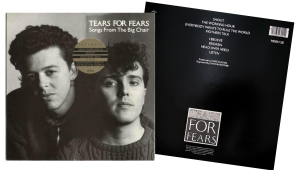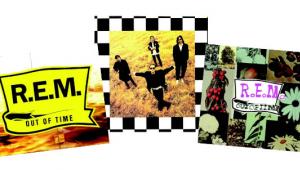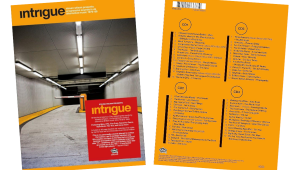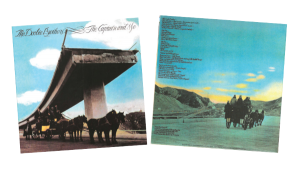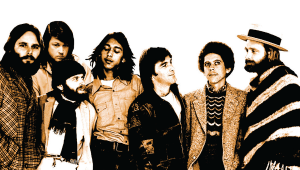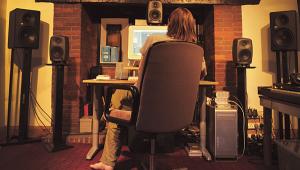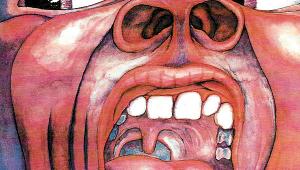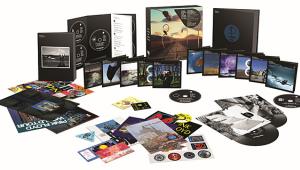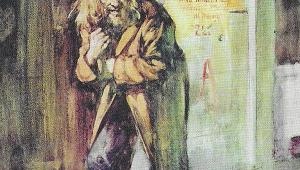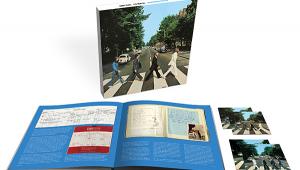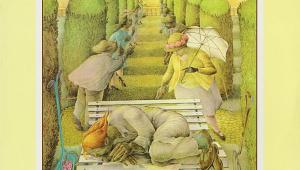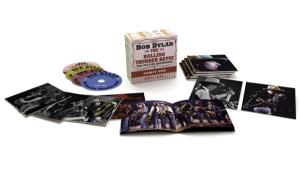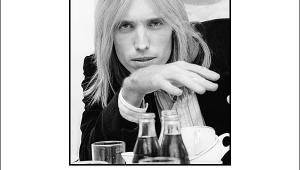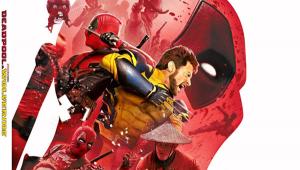The Earl of Duke Page 2
S+V: Let’s talk about some of your vocal choices. How about “Mood Indigo” — that almost doesn’t sound like you singing on it. You used some kind of echo there, right?
Jackson: Yes, that was something I wanted right from the start. I was going for a rockabilly ballad effect. I’m a big fan of Gene Vincent. If you listen to some of his solo tracks that aren’t so well known — ballads like “Up a Lazy River” and “Peg o’ My Heart,” where he used that same kind of rockabilly echo — that was kind of the color I was going for. Sometimes for me, the echo effect is part of the arrangement. I hear that in my head the same as I do the instruments.
First I thought about singing this song in a particular key. I could just hit the falsetto on certain notes, and then it sort of gradually took shape. Elliot doesn’t like to use obvious effects, which I think is a good thing. But sometimes I wanted the echo there as a particular color.
S+V: Your body of work is known for having a great dynamic range — it’s sonically clear and very open.
Jackson: Thank you, yeah. It’s all about the arrangements. Well, it’s not all about them, but the arrangements should be heard clearly. It amazes me how few bands playing live have any dynamics at all. It tends to be everyone playing flat-out all the time.
S+V: In “It Don’t Mean a Thing (If It Ain’t Got That Swing),” you sing these lines: “It ain’t the melody / It ain’t the music / There’s something else that makes the tune complete.” Do you believe that idea yourself — that rhythm is more important than melody?
Jackson: Well, I didn’t write it. [both laugh] I don’t believe there’s one element of music that’s more important than another, actually. Although if you tie me down and tortured me, I’d probably say rhythm is more important than melody. I don’t see any reason in the world why you can’t have both. I mean, I like to draw on everything that’s available.
S+V: Arrangements are so critical in your work. How early in your career did you feel you needed to arrange the material as opposed to just playing it or vamping it?
Jackson: I think right from the beginning. It was always part of the process for me. To be honest, I never really understood the idea where you would write a song and then after having written it, start scratching your head and go, “Well, how am I going to arrange this?” When I’m working on something, I’m hearing in my head what instrument or combination of instruments are going to be making that sound. It seems quite clear to me.
S+V: Does it have to do with your training, that structure of learning the violin and then the piano when you were younger?
Jackson: It probably has something to do with it, yeah. But there’s probably something about me that drew me to being that way — to being open to things, listening to them, and understanding how they’re played and how the effects are done. I just have those kind of ears. I don’t know how else to put it. It’s always been an interest of mine.
To me, the techniques involved in recording and mixing are just an extension of the arranging. They’re there to serve the arrangement. Certain effects of studio techniques can be part of the arrangement as well.
S+V: Are there any particular examples from The Duke you can cite to illustrate that philosophy?
Jackson: “It Don’t Mean a Thing,” particularly when it comes to Stefan [Kruger], the drummer. He does something that sounds like swing but isn’t swing, actually — it’s some kind of mixture of swing and some- thing more contemporary that has a four-to-the-floor bass drum underneath it that’s not that loud in the mix. It has a lot of layers to it, including samples of Papa Jo Jones, the old swing drummer, mixed in with things that were programmed and things that were played by Stefan live in the studio. That’s a case where the arranging and the studio process were all part of the same thing, really.
S+V: How did you decide the album’s running order?
Jackson: It’s a more intuitive process than it is pre-conceived. Putting “Isfahan” first was very deliberate. Once [guitarist] Steve Vai got involved, it took shape, and I thought, “Yeah, this should open the album,” because it’s unexpected in a way, and it’s the least familiar track to most people. It functions as an overture that sets the stage to make you prick up your ears and listen. And then you get to “Caravan.” I thought about “Caravan” being the first track, but I like it being the main course with an appetizer coming first. [laughs] Those two tracks are like taking a journey.
S+V: Duke Ellington kept playing right until he died in 1974, at age 75. Do you see yourself following a similar tract?
Jackson: [laughs] I don’t have a better idea. Well, why not? Who knows what will happen?
- Log in or register to post comments

